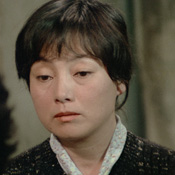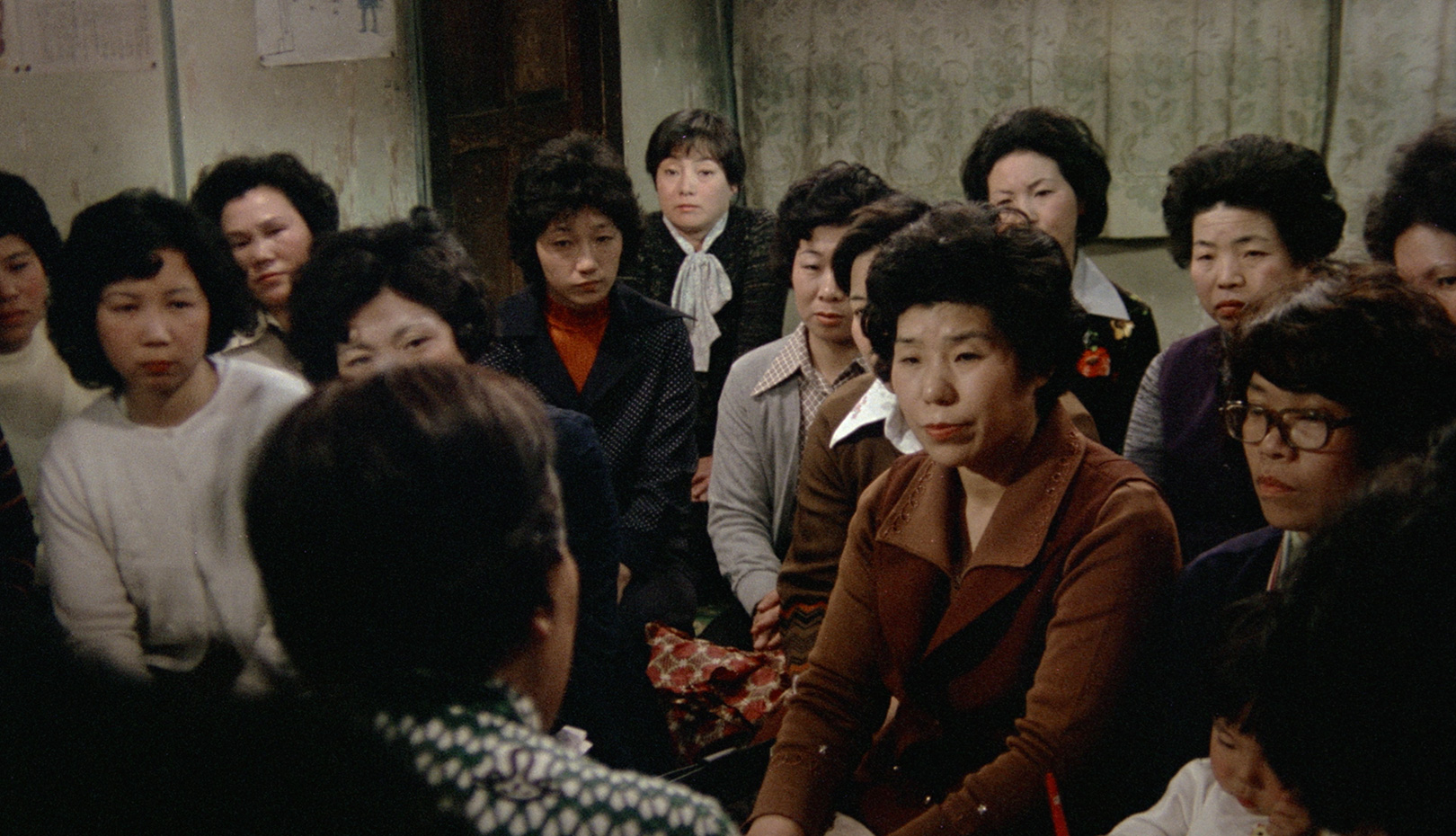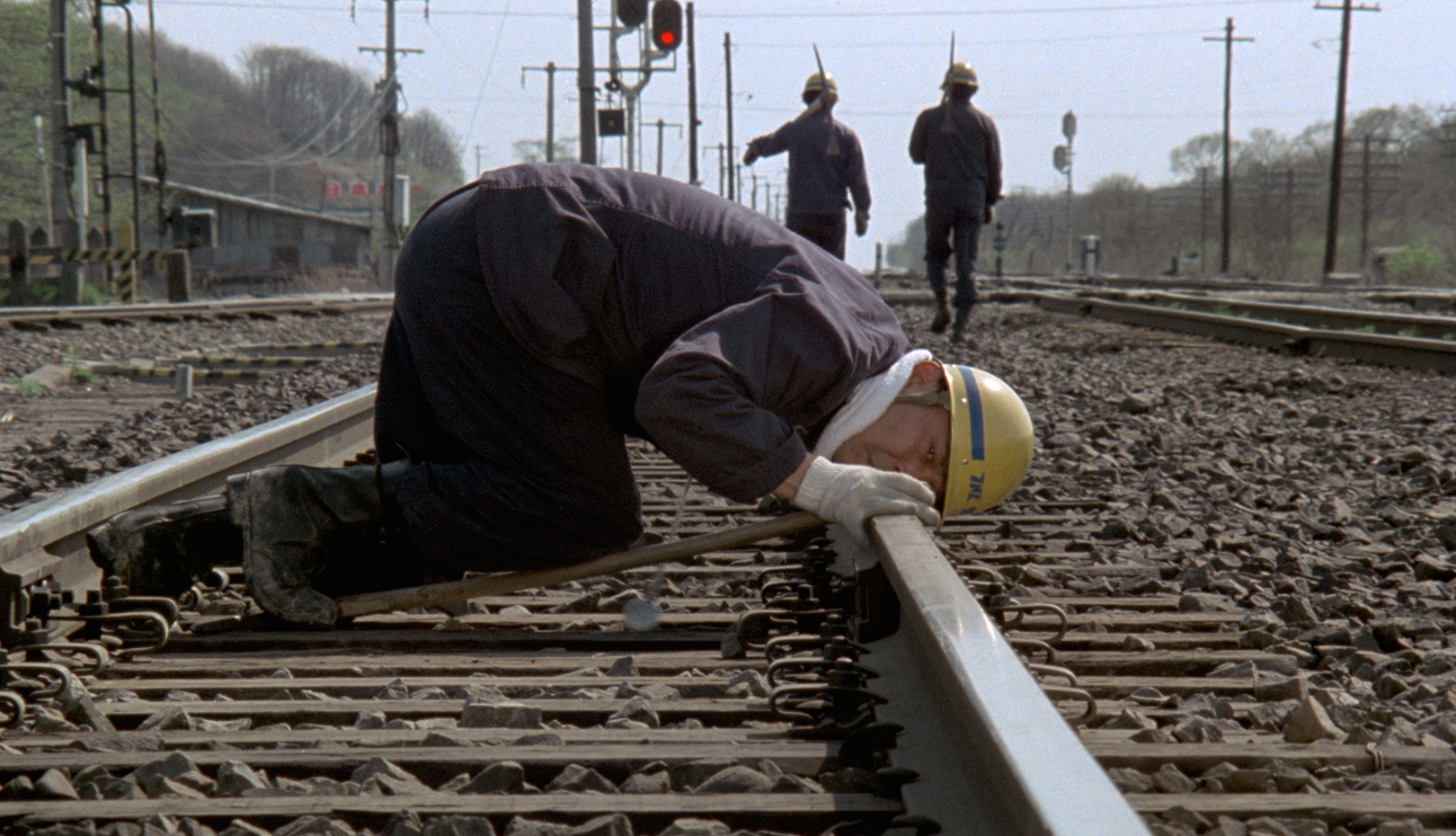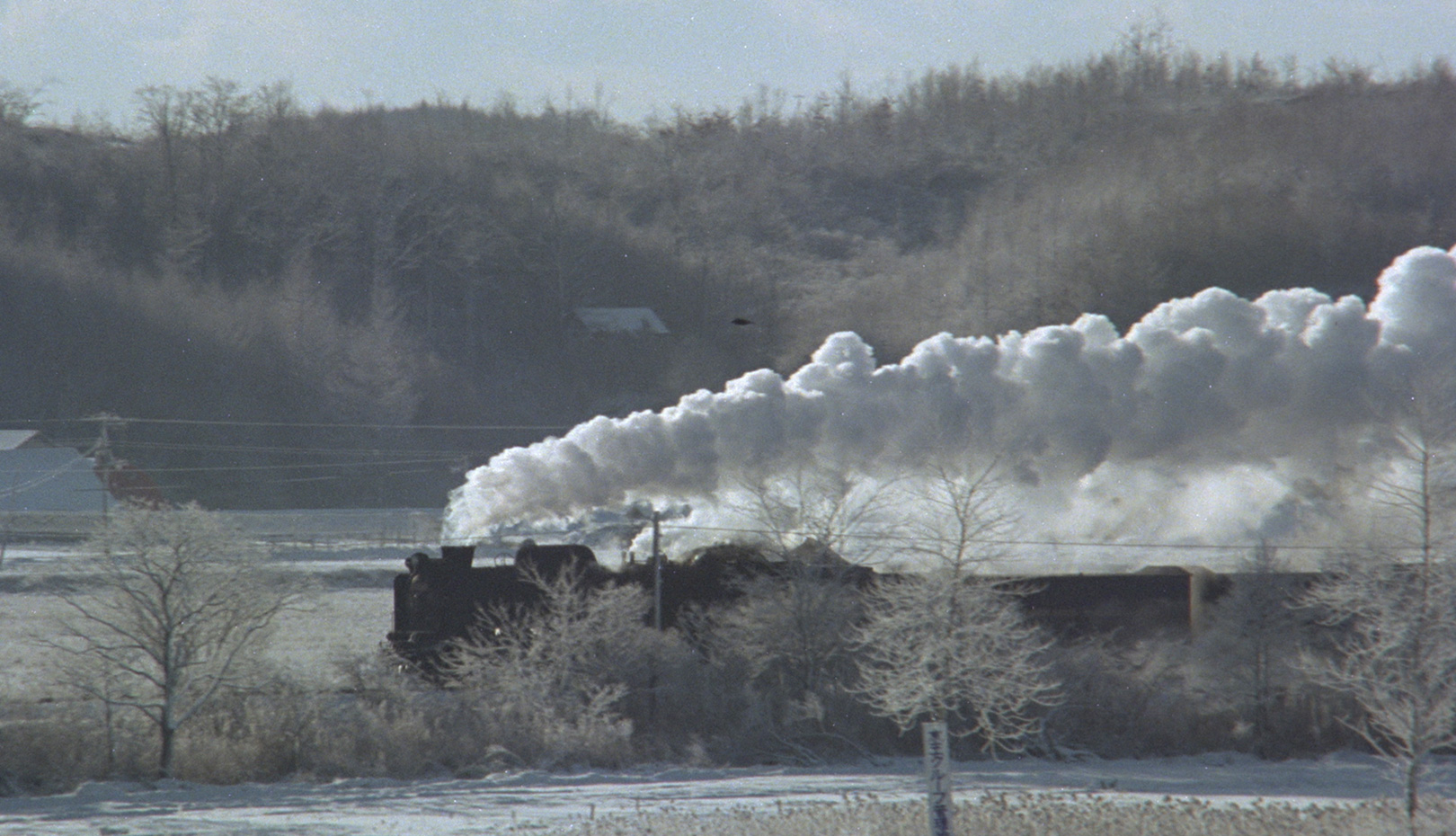23rd(2021)
| Opening Film (1) | Discovery (12) |
| Asian Shorts (19) | I-Teens (4) |
| New Currents (25) | The Landscape of Here in Now (5) |
| Polemics (8) | Queer Rainbow (10) |
| Feminist Collective: Women’s Filmmaking in Asia (12) | SWAGGIN’ LIKE DOONA (7) |
| The 20th Anniversary of Take Care of My Cat (1) | Australian Women’s Filmmaking (12) |
| Film x Gender (2) | Barrier Free Screening (1) |
| Special Screening (3) |
The Far Road
HIDARI Sachiko
- Japan
- 1977
- Korean Premiere
- 113min
- color
Korean Premiere
SYNOPSIS
PROGRAM NOTE
Takinoue and his wife lives in Oiwake, a small town in Hokkaido. The husband earns 120 thousand yen a month working as a railroad maintenance worker for 30 years. His wife, who got an arranged marriage with him, has raised their family working various side jobs. Now they win the official commendation from the Japanese National Railway. Their story, so far, seems to represent a myth of Japan’s high-growth period. On the other hand, considering that famous actor Hidari Sachiko is not only acting as the wife, but also producing and directing this film, a work of agitation propaganda is expected at the same time. The film, however, subtly deflects both ends. The director carefully uses mirror images in its image and narrative structure, referring indifferently to various labor disputes and movements in Hokkaido at the time. When brought to literally the end of the far road, the audience shall be surprised at the story that the Japanese media has not dealt with at all, and the unexpected act of the Takinoues will stay with the audience’s mind for a long time. [LEE Yumi]
Director
-

HIDARI SachikoHIDARI Sachiko
She appeared in films directed by Shohei Imamura, Susumu Hani, and Tomu Uchida, and became the first Japanese actor to win the Silver Bear Award at the Berlin Film Festival 1964. The Far Road is her feature-length directorial debut, produced by the National Railway Wokers' Union. It was invited to the official screening of the Berlinale 1978.
Credit
- ProducerHIDARI Sachiko
- Screenwriter MIYAMOTO Ken
- Cinematography SEGAWA Junichi
- Editor URAOKA Keiichi
- Music MIKI Minoru




